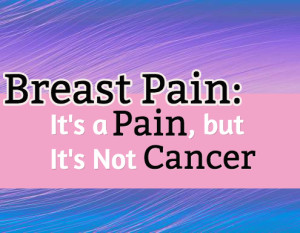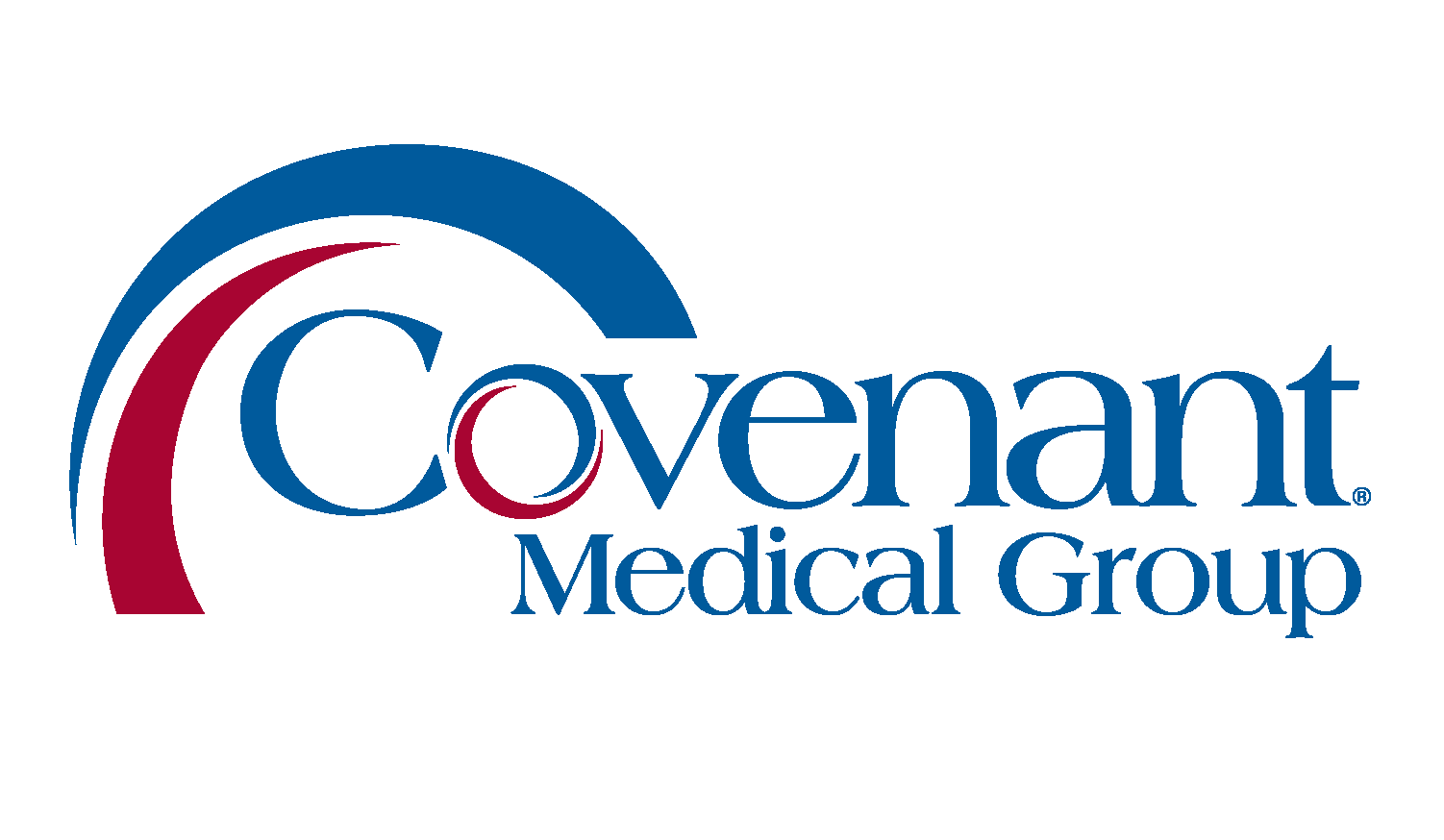Fibrocystic Disease
Compassionate surgical care you can trust

Joanne reached for the cilantro; it was taco night and her boys were hungry! She gasped as a sharp pain radiated from her nipple, through her breast, and straight into her armpit. Taken aback, she caught her breath, and regained her bearings. Her boys always looked forward to Taco Tuesday and she wouldn’t let the pain ruin their night. She continued to cook her extraordinary tacos with such flavor that would make your tongue jump with joy, leaving you seeing sparkles in the sky. Her boys devoured the tacos like two Tyrannosaurus Rex dining on Triceratops.
Dinner was now over, the dishes were put away, and the kids were in bed (and hopefully asleep). As Joanne got ready for bed herself, she noticed that the pain in her breast was growing more intense. Her mind wandered, trying to rationalize the pain away, but she couldn’t help but wonder if it was breast cancer. Her Aunt Holly had just been diagnosed with breast cancer; she was doing well and her doctor said she would make a full recovery. Breast cancer is treatable, she reminded herself. Still, Joanne had a difficult time sleeping that night. She tossed and turned, unable to get the word “cancer” out of her head. In the morning, over breakfast, Joanne and her husband decided she should go see her doctor for a full evaluation.
Breast pain is a common complaint among women, but it’s almost never a sign of cancer. Most breast pain is part of the spectrum we refer to as “Fibrocystic Changes of the Breast.” As women celebrate birthdays, the breast goes through many, many changes and women may experience nipple discharge, develop cysts, grow non-cancerous masses, or deal with breast pain. Why these changes occur, no one really knows. They just happen, and they happen to everyone. In the young lady, breast pain can be associated with menstrual cycles. Even women who have already experienced menopause may experience breast pain due to hormonal changes. Quite often, hormone replacement therapy is recommended to temper the discomfort.
Breast cancer in its early stages rarely causes pain, but breast pain can be God or your body telling you to go get your breasts checked. It is always a good idea to see your primary care physician, your gynecologist, or a breast surgeon when you have breast pain. These experts can help determine if your pain is due to fibrocystic changes of the breast, an infection, or if the pain is perhaps musculoskeletal in nature.
That is, pain radiating from the neck, back or shoulder.
Although breast cancer is unlikely, it is always very wise to have a mammogram when breast pain is present, as well as an annual one, even if you feel great. Sometimes a small breast cancer is found that is very treatable. If the mammogram had been delayed for six months to a year or two, this small cancer may grow into a much more serious problem. Always listen to your body and when you have breast pain, get your breasts evaluated!
Most often, breast pain is something you can treat at home. The most effective ways to treat breast pain are to quit smoking, stop all caffeine, and refrain from eating chocolate. Smoking unquestionably causes breast pain and women who completely quit smoking can have their breast pain resolve in three to four months. Caffeine also can cause breast pain and some women need to choose between breast pain or caffeine. Surprisingly enough, many women will choose to live with the pain for their cup of coffee. Lastly, because chocolate does contain some caffeine, staying away from it can ease breast pain as well. However, I have yet to meet a woman willing to forgo chocolate. It’s like asking a man to do the dishes every night. It just doesn’t happen.
Naproxen (Aleve(r)) is quite effective for breast pain and sometimes your physician can recommend a higher dose to help alleviate breast discomfort. A heating pad on the affected area will work as well. In more severe cases, hormone replacement therapy has proven to be effective. While many women swear by evening primrose oil as a cure for breast pain, it has not been demonstrated to work in clinical trials. Nonetheless, it may be worth trying.
Breast pain is annoying and it does hurt. If you experience breast pain, first see your doctor and get a mammogram to make sure there is not an occult cancer or an infection. Then, stop smoking, swap regular for decaf, and say not to chocolate. If your still experiencing discomfort, you can also try naproxen and a heating pad.
Joanne saw her doctor and had a mammogram. To her relief, no cancer was identified. Her physician contributed her breast pain to a sore shoulder and after a few weeks of physical therapy, Joanne’s breast pain went away and taco night continued.

